About This Project
About 17 million tons of sewage sludge are disposed in the US each year in our forests and on our farms. Sludge-borne toxins are bioassimilated into our foods, and sludge leachates enter our precious waters. We have detected a novel fungus that may detoxify sludge toxins, rendering the residual sludge materials safer and available for beneficial reuse. We intend to culture and identify the fungus as a first step to its commercial exploitation.Ask the Scientists
Join The DiscussionWhat is the context of this research?
Nearly all chronic diseases result from the cumulative effects of long-term exposure to low levels of environmental contaminants and pollutants.
Methods to remove toxic metals and chemicals from sewage sludge are sought so the sludge may be recycled or reused safely.
Diseases such as neurological disorders, cancer, immune dysfunction and others likely result from continual exposure to sludge-borne toxins from our sewers.
Several fungi are known to metabolize toxins, rendering them safer or less toxic.
We have discovered a novel fungus that thrives in sewage sludge, and plan to culture, identify and evaluate it for its abilities to modify or remove toxins from the sludge.
We detected the fungus, and now need to culture and identify it as a next experimental step in project development.
What is the significance of this project?
Raw sewage and sewage sludge production continue to increase with population and industrial growth.
Disposal of sewage sludge presents a major problem for society.
We are creating new chronic diseases as we are forced to live with the toxic residual products of the sewage treatment process.
The lowest cost and most convenient method of sewage sludge disposal is in our forests and on our farms, whereby we are exposed to the toxic residuals of the treatment process in our foods and waters.
One workable method of enhanced sewage sludge processing is reaction with microbes that have robust metabolic systems that render sewage sludge as being safer and less toxic.
We have detected a toxin-metabolizing microbe for investigation as a new experiment, and need now to continue the work.
What are the goals of the project?
The immediate goals are to Characterize the fungus/mushroom in a laboratory setting to:
a) Derive in vitro culture methods for the fungus; and,
b) Identify the fungus to genus and species.
Next, we will evaluate the ability of the fungus to metabolize and modify a series of known sludge-borne toxins, such as polyhalogenated biphenyls, nonylphenols and similar chemicals that are known inciting agents of chronic diseases.
We are working with a university that has analytical methods for the targeted toxic compounds, which provide a basic technology for evaluating modifications of the target compounds that are metabolized by the fungus, as well as the resulting degradation products.
The objective is to characterize the chemical modification and detoxification of the toxins by the fungus.
Budget
The identification of fungi by various conventional and technology-driven methods requires access to a laboratory that specializes in fungal culture and taxonomy. We will engage a local, known contract research laboratory that is expert in fungal isolation, culture and identification. Also, the contract laboratory will provide culture archiving and culture isolates as needed. It is anticipated that multiple isolates of the fungus will be required as series of tests are performed to evaluate the metabolism of the target analytes by the fungus. Analytical methods for the target analytes and their degradation products will be budgeted in subsequent stages of the project.
Meet the Team
Affiliates
Team Bio
The Researcher’s doctoral research explored sexual reproduction in the fungal plant pathogen Phytophthora parasitica to discover biological controls for diseases, rather than chemicals.He was Field Research Microbiologist in Antarctica for the US Antarctic Research Program.
He was consultant to the US Department of Energy as field environmental monitor on Tribal lands in the Western US.
For ten years he was Executive Director of a national program of pediatric cancer clinical trials research at the University of Southern California.
He is a developer of novel antimicrobial agents from sewage sludge for Staphylococcus aureus and Mycobacterium tuberculosis.
He is dedicated to the prevention of chronic diseases by identifying and eliminating toxicants in sewage sludge that are disposed in forests and on agricultural lands.
Many forests and farms where toxic wastes are disposed are behind locked gates, so Richard gains access by mountain bike - research is not always done in the lab.
Richard Honour
The Researcher’s doctoral research explored mechanisms of sexual reproduction in the Oomycetous plant pathogen Phytophthora parasitica. The objective was to discover biological controls for this and other Oomycetous plant pathogens and diseases, rather than increasing the use of chemical agents. Note: Oomycetes, or water molds, are more closely related to algae and green plants than to fungi.
He was Field Research Microbiologist and Environmental Monitor in Antarctica for the US Antarctic Research Program, as sponsored by NASA/JPL and the National Science Foundation.
He was consultant to the US Department of Energy as field environmental monitor for energy exploration projects on Tribal lands in the Western US.
For ten years he was Executive Director of a national program of pediatric cancer clinical trials research at the University of Southern California, Comprehensive Cancer Center.
His specialty is the discovery and development of novel antimicrobial agents from sewage sludge and other harsh and toxic environments for use in the treatment of infections incited by antibiotic-resistant forms of Staphylococcus aureus and Mycobacterium tuberculosis.
He is dedicated to the prevention of chronic diseases by evaluating toxic chemicals in land-disposed sewage sludge in forests and on agricultural and rangelands, thereby eliminating land disposal and human exposure. Many forests and farms where toxic wastes are disposed are behind locked gates, so Richard gains access by mountain bike - research is not always done in the lab.
Additional Information
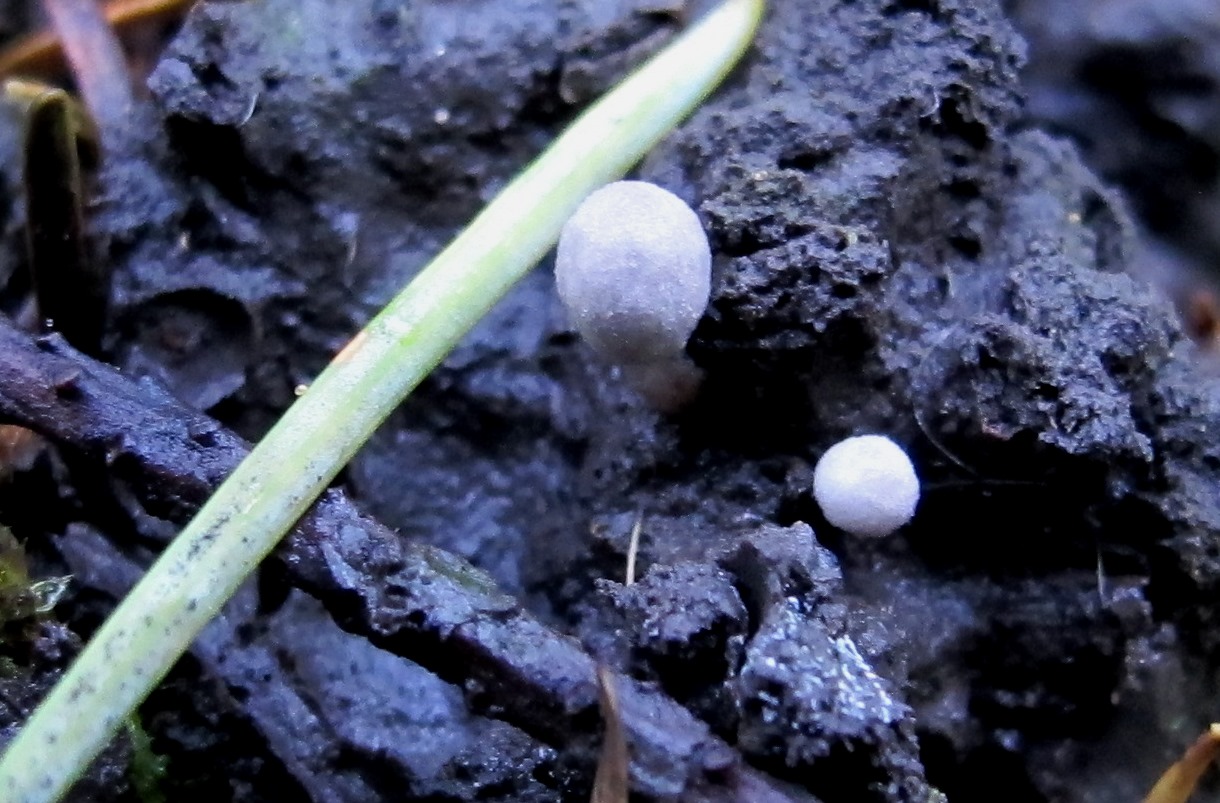
A mysterious micro-fungus (ca 3 mm) that thrives and grows in toxic sewage sludge
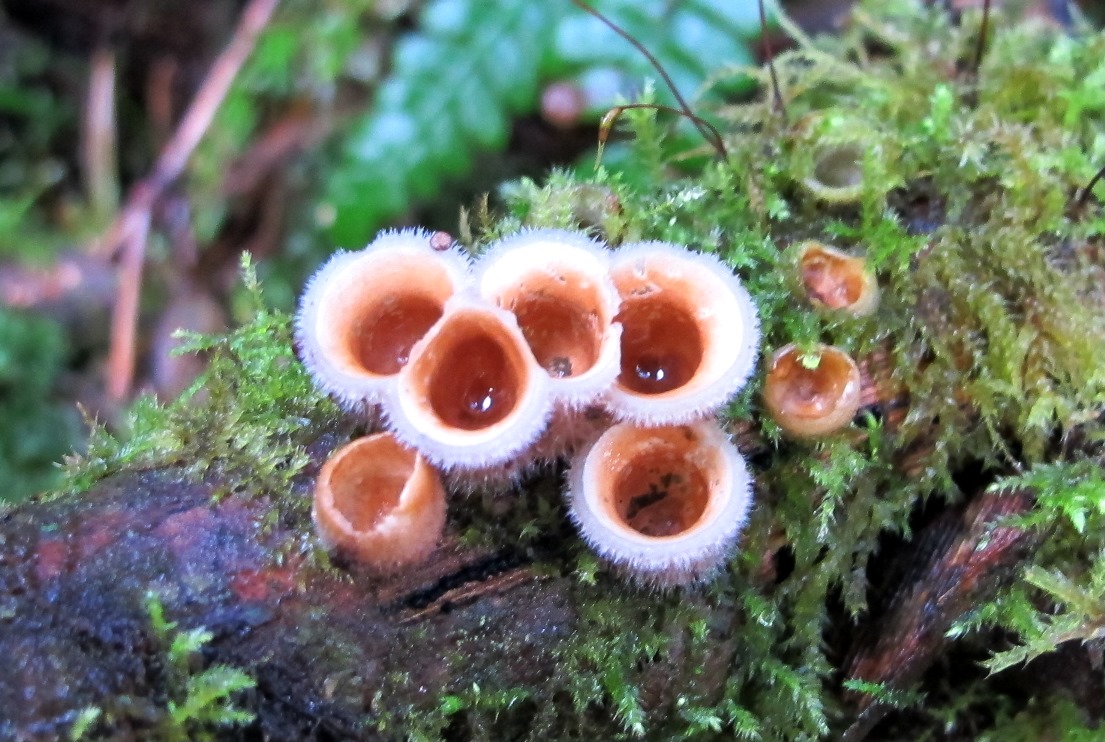
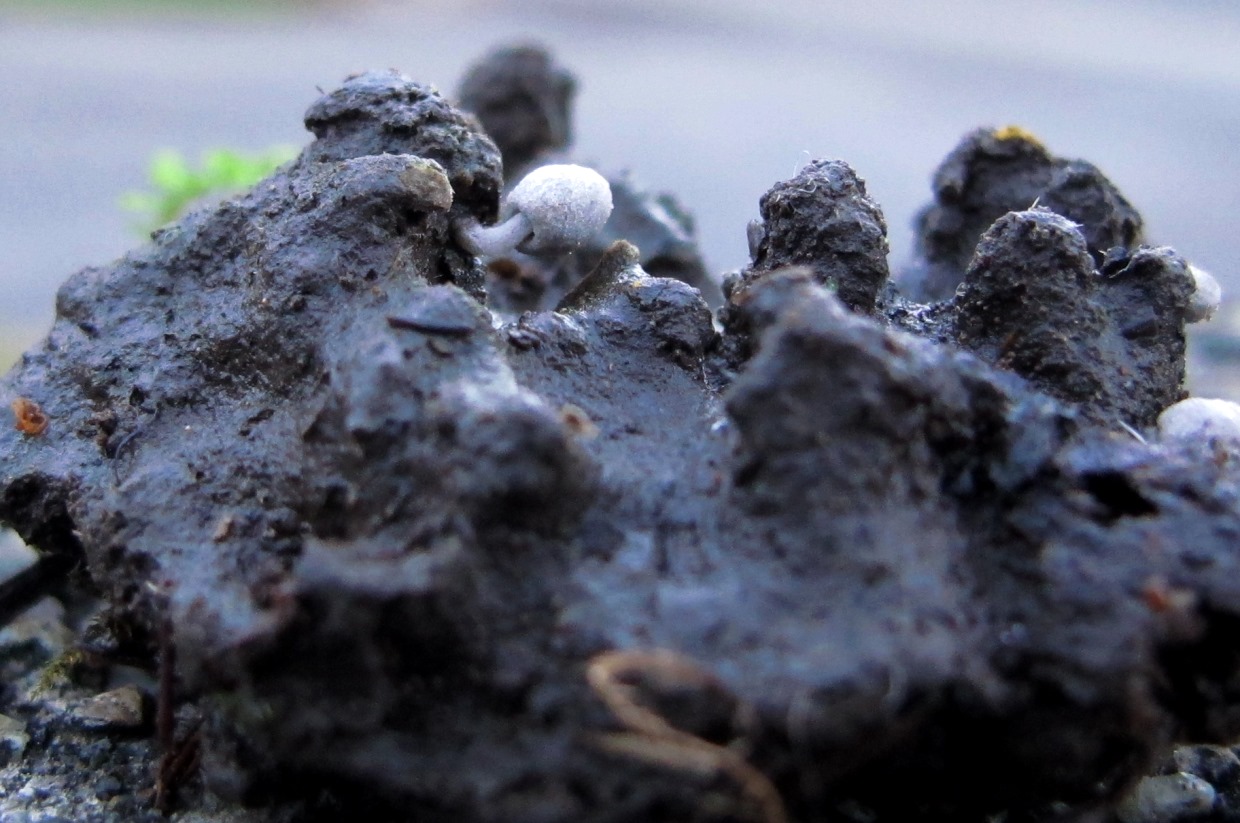
The same unidentified micro-mushroom that thrives in toxic sewage sludge, and that is the subject of this experiment
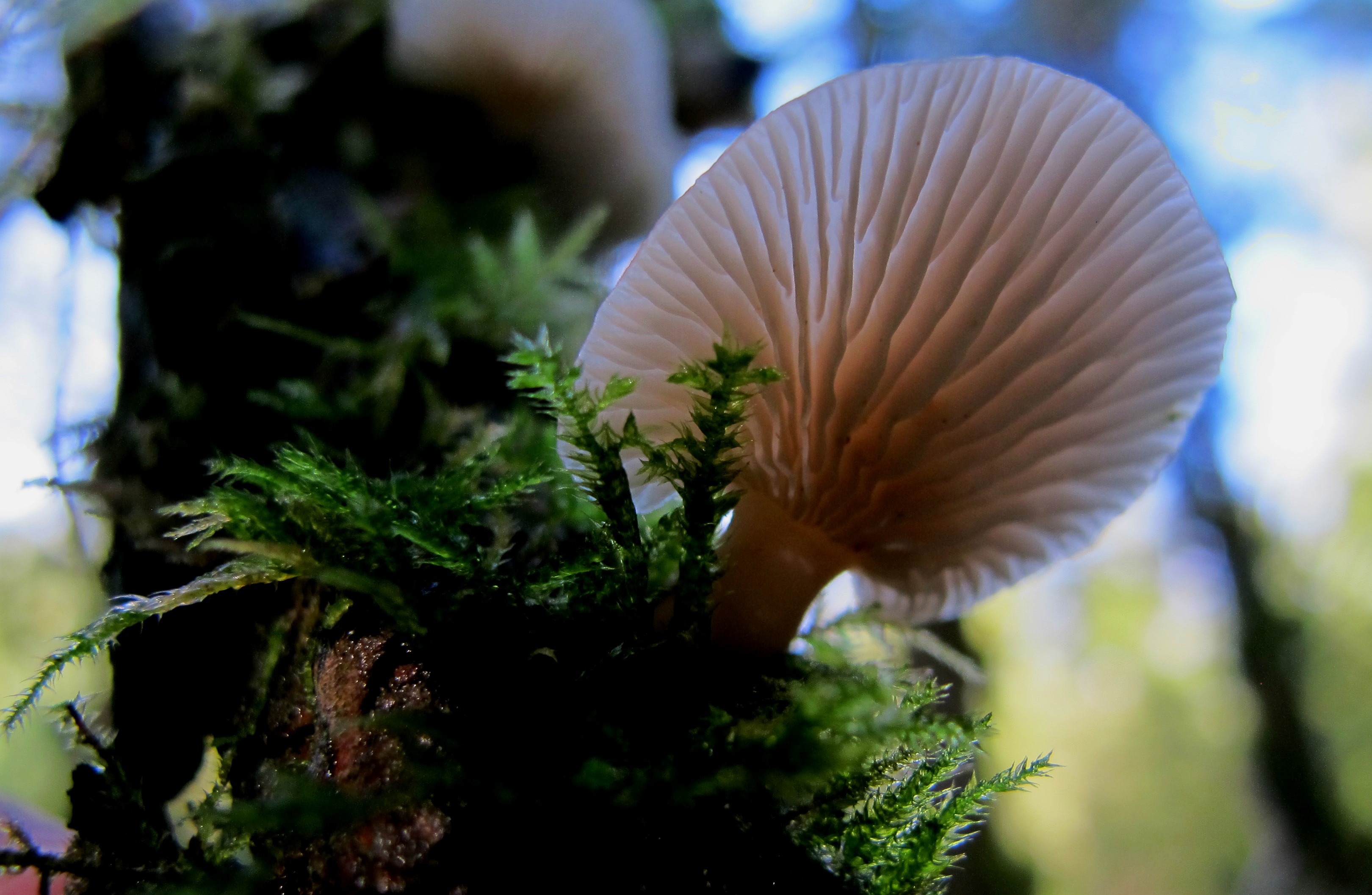
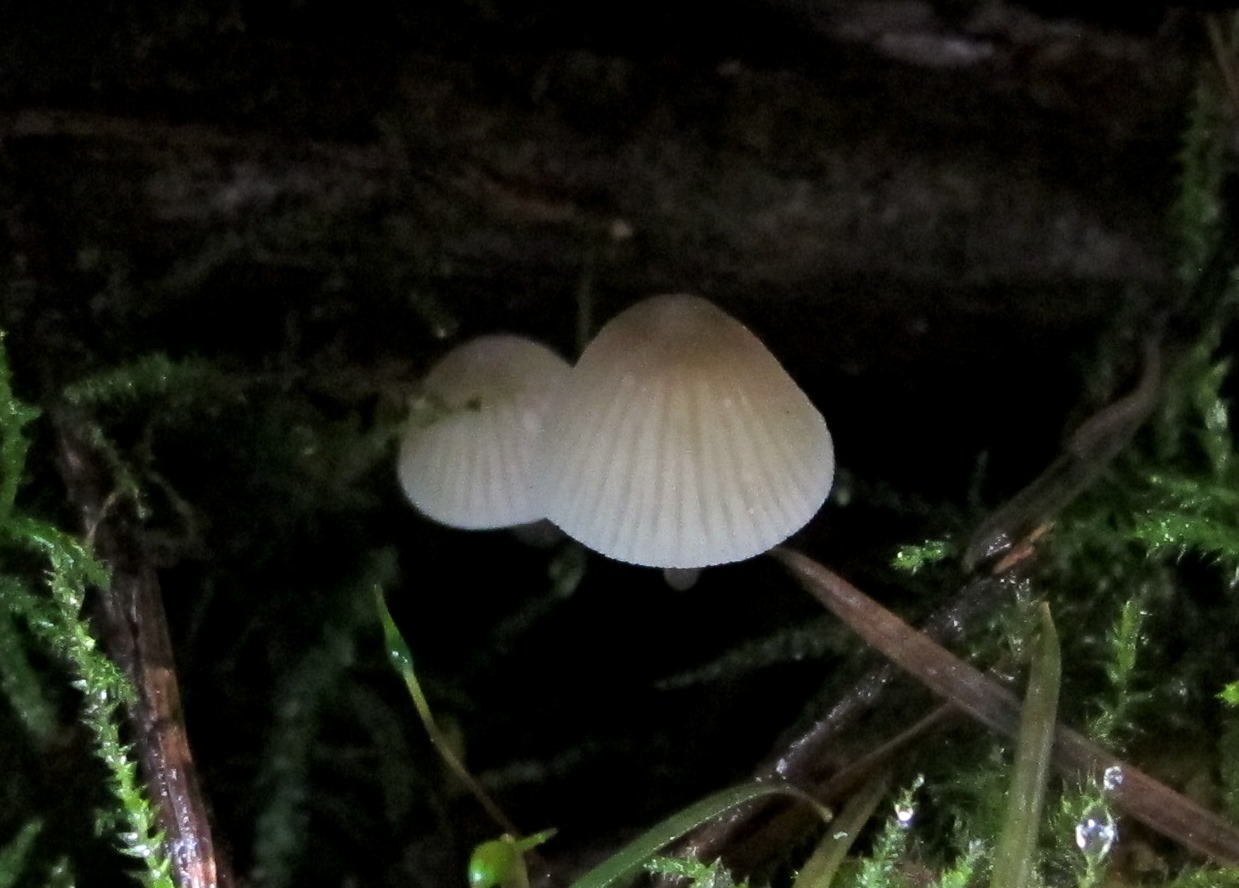
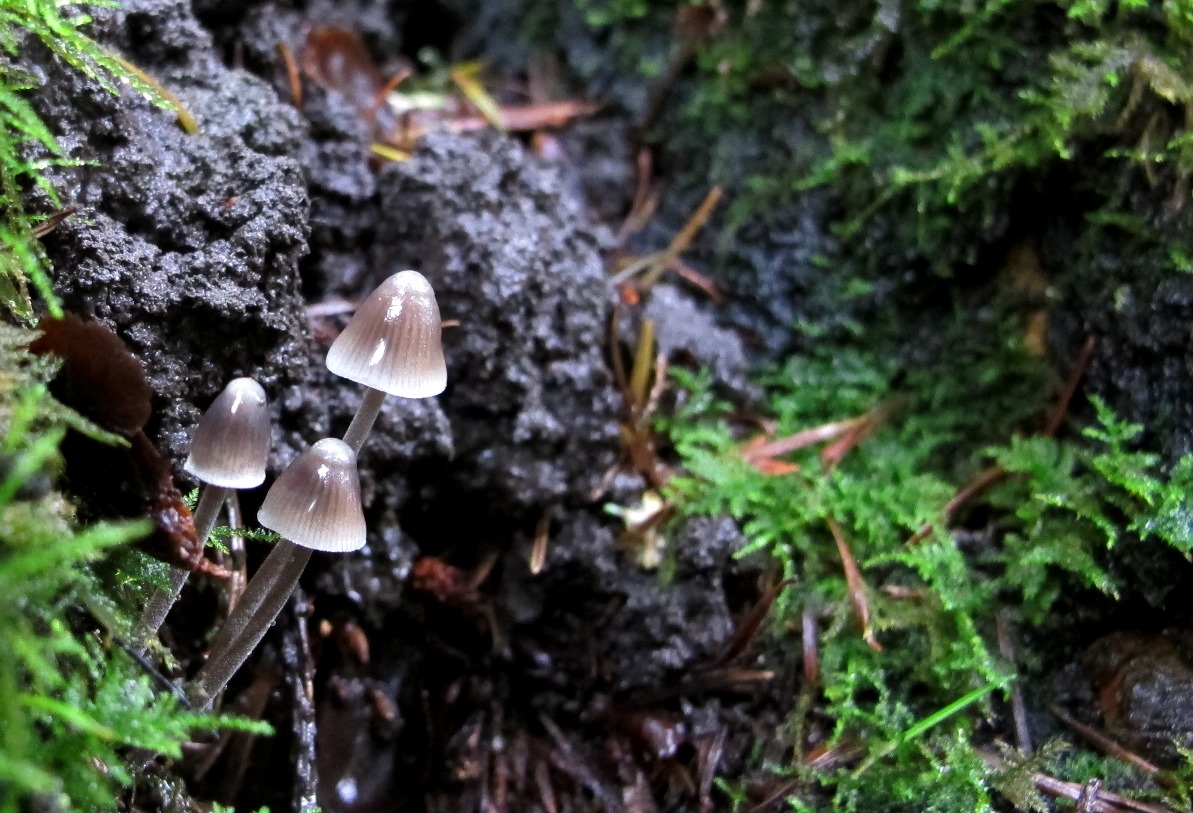
Mycena spp, a common small mushroom that thrives in toxic sewage sludge
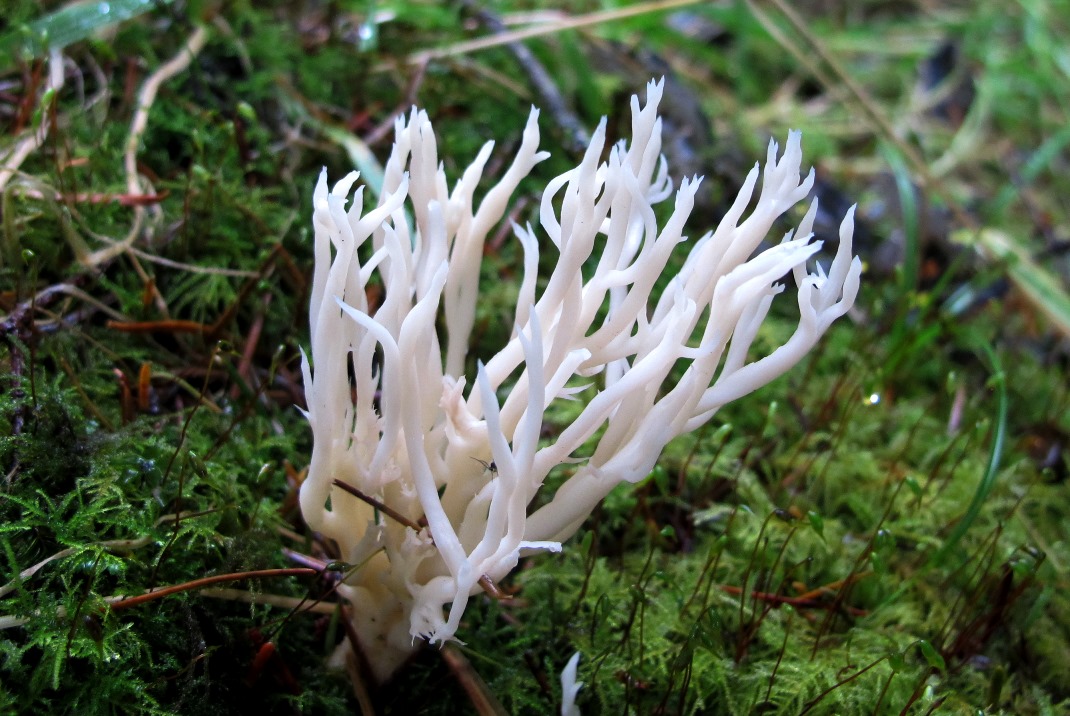
Ramariopsis kunzei, an edible mushroom that thrives in toxic sewage sludge
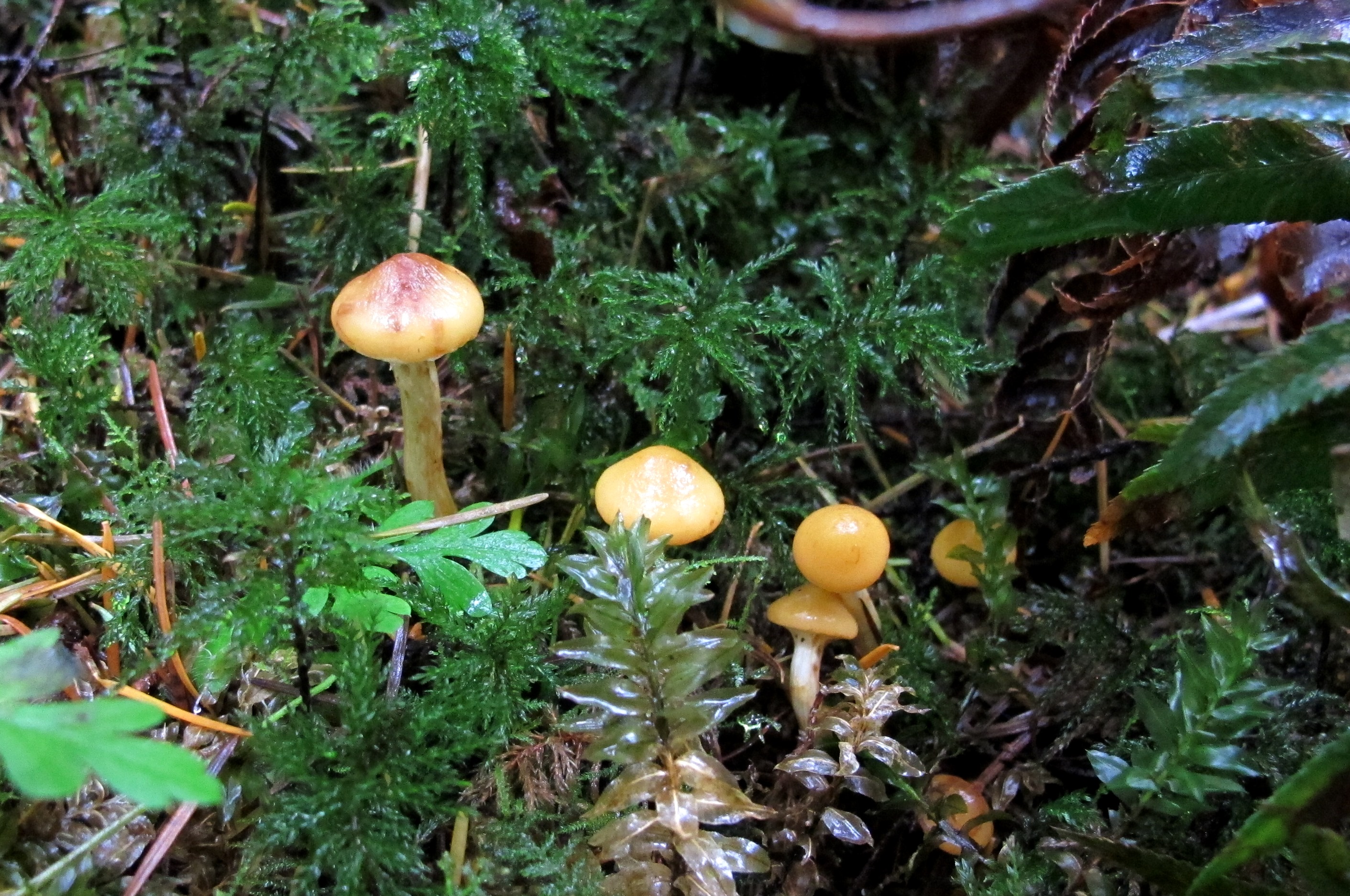
Hypholoma fasciculare, a toxic mushroom that thrives in toxic sewage sludge
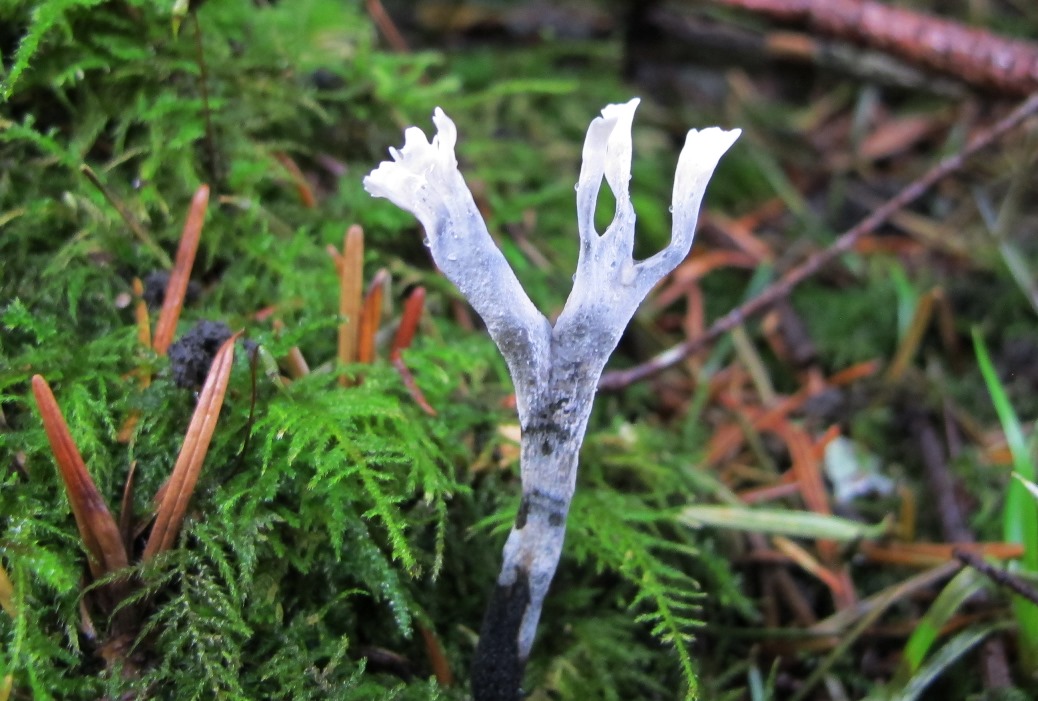
Project Backers
- 22Backers
- 103%Funded
- $3,100Total Donations
- $134.78Average Donation
